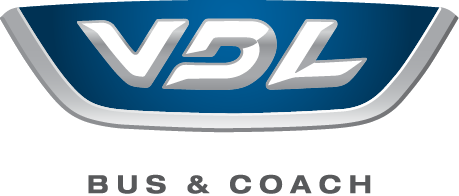The future of hydrogen
In the transition to electric public transport, the vast majority of electric buses are presently powered by batteries. Another form of electric driving involves the use of hydrogen. A hydrogen-powered vehicle is an electric vehicle that generates its own electricity by means of a fuel cell. While battery-powered buses are already a familiar sight on today's roads, hydrogen-powered buses are rather rare. In time, however, it is expected that battery-powered buses and hydrogen buses will operate side by side.
In the future, we will probably see the principle of a battery-powered vehicle mostly being applied in smaller vehicles or vehicles used within a certain geographical area. Hydrogen is more suitable for heavy vehicles that have to travel long distances. Such as vehicles for international traffic or coaches, for example.
VDL Bus & Coach is fully engaged in the development of this form of electric transport in order to increasingly shape the future of electric driving. By working with a modular concept, a module with an energy system of standard dimensions can be integrated into any vehicle. Precisely which energy system the module works on – battery technology or hydrogen – makes no difference to how the vehicle is built.
A hydrogen-powered vehicle has several hydrogen tanks and a fuel cell. Using oxygen from the surrounding air, hydrogen is converted into electricity through an electrochemical process. This electricity feeds the electric powertrain. Water is the only by-product. This makes a hydrogen-powered vehicle, just like a battery-powered vehicle, CO2 neutral.


